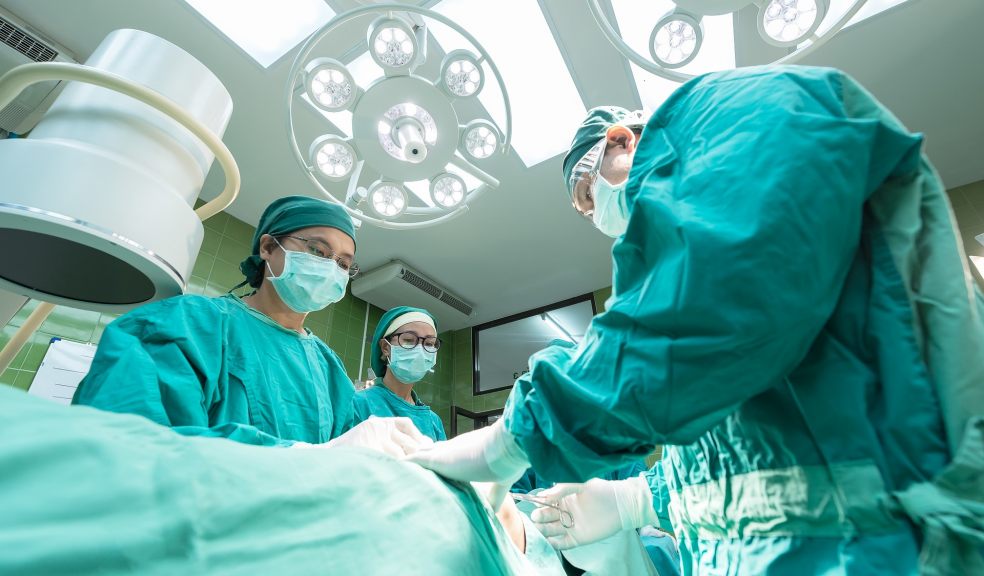
How to make a claim against the NHS for medical negligence
The NHS is a beloved institution in the UK and should be celebrated. However, this does not mean the service is above criticism or legal action should it be found guilty of medical negligence. While the majority of people who use the service receive excellent care, some don’t. In order to hold the NHS to a high standard and, most importantly, to provide settlement to those who suffer from medical negligence, making claims against the service is essential. How, then, do you make a claim against the NHS, and what compensation could you be rewarded?
What is Medical Negligence?
Firstly, what is the definition of medical negligence? Medical negligence is defined as “a breach of a duty of care from a health professional that has resulted in harm and loss.” This open definition can be applied to any medical practice, whether it’s cardiology, neurology, physiotherapy, dieticians, mental health professionals, etc. Essentially, anyone in the medical profession, including nurses, lab technicians and porters, can be accused and found guilty of medical negligence.
How do the NHS Respond to Claims
Any claim is handled by the NHS’s own legal team: the NHS Litigation Authority. With that in mind, should you have a medical negligence claim, you should always consult medical negligenceexperts. Specialist lawyer teams can analyse your claim, represent you and provide unparalleled advice. Without such support, it is unlikely you’ll win your claim; the NHS Litigation Authority is an expert authority, so you need experts to beat them.
What Do You Need to Make a Claim?
In order to make a claim, your treatment by a medical professional must have caused one or both of the following:
The doctor/medical professional acted in a way that falls below accepted professional standards. This is evaluated by your experience, the actions of the doctor, the consequences and against the standard of clinical opinion. This stage is known as the Bolam principle, whose definition states: “Bolam holds that the law imposes a duty of care between a doctor and his patient, but the standard of that care is a matter of medical judgement.”
Your injury or illness is a direct consequence of a medical professional’s failure. If your injury falls within normal side effects or consequences, then the medical professional is unlikely to found guilty. However, if you experience consequences linked to poor practice and is against the norm, then you’ll have a case.
What Are the Most Common Medical Negligence Mistakes?
In terms of the NHS, the most common mistakes include: Surgical mistakes and errors
- Anaesthetic dosage mistakes
- Hospital infections such as MRSA
- Dehydration and malnourishment
- Poor quality test results (missing tests, delays, failure to adhere to clinical standards)
- Misdiagnosis or refusal to diagnose
- Surgery and treatment delays
- Failure to read critical illnesses (cardiac arrest, stroke, etc.)
Of course, this is just a small cross-section of common mistakes; sadly, there are numerous others.
How to Make a Medical Negligence Claim
The NHS has its own complaints process in place, but if you find this isn’t up to your standards, then this is where medical negligence lawyers come in. Firstly, after contacting a solicitor, they will analyse your case and evidence and see if there is scope to prove medical negligence. The more information you have at this stage, the better. If the solicitor is confident you have a case, then they will start drawing up rough estimates of compensation and the case’s chance of success.
The best way to prove negligence after this stage is testimonies from medical experts. Ordinarily, two or more reports are needed from medical experts, along with the usual paper trail of evidence which the hospital keeps on record. The reports need to establish both negligence and causation. After that, the medical negligence experts will take the lead.
If you feel you have a medical negligenceclaim, then be sure to contact a legal team, such as Enable Law, that specialises in medical and tort law. The medical industry, and your health, relies on it.














